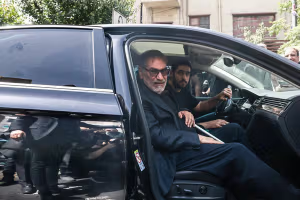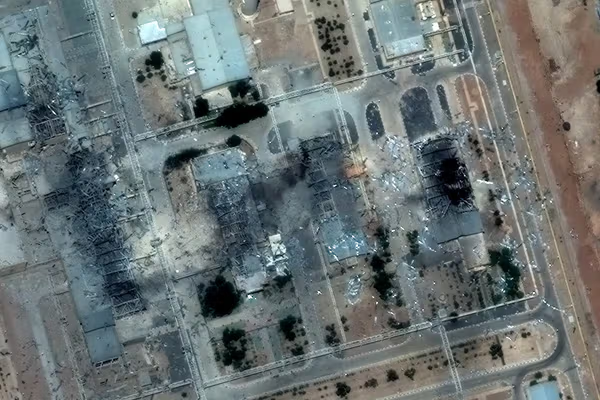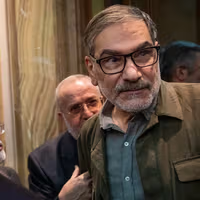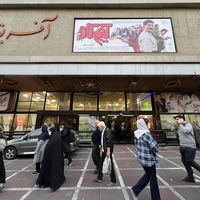In an interview with ISNA, Shamkhani said national cohesion was vital in the face of external pressure and domestic challenges.
“We are all in the same boat shaped by the sacrifices of the martyrs of the Islamic Revolution, and it would be a shame if our differences created weaknesses,” he said.
He urged all political groups to “act together under the leadership of the Supreme Leader,” adding that adversaries were trying to exploit divisions to harm the country.
The comments came just days after footage surfaced online showing Shamkhani escorting his daughter at a wedding ceremony in a Tehran luxury hotel.
The video, shared widely on X since mid-October, appeared to show a large, Western-style celebration and drew sharp criticism from social media users accusing officials of hypocrisy amid the country’s deepening economic crisis and renewed enforcement of hijab rules.
The wedding reportedly took place in April 2024 at Tehran’s Espinas Palace Hotel. At the time, Iranian outlets estimated the cost at about 14 billion rials (over $21,000). The family did not comment on the reports, and Shamkhani has not publicly addressed the new controversy surrounding the footage.
Shamkhani, a former secretary of Iran’s Supreme National Security Council and now a member of the Expediency Council, has long been a prominent figure in Iran’s security establishment. He also serves as the Supreme Leader’s representative in the National Defense Council.
Leak fuels political blame game
The video has drawn reactions even from hardline circles. Some conservative commentators questioned how senior officials could call for patience under sanctions while appearing at opulent private events. Others defended Shamkhani, saying the ceremony was private and attended only by family members.
Former state broadcaster chief Ezzatollah Zarghami described the exposure as “a new method of assassination,” accusing Israel of waging psychological warfare through cyberattacks. IRGC-linked Mashregh News also said the leak aimed to “undermine an effective official,” blaming both “foreign enemies and certain domestic circles.”
The hardline daily Kayhan, which is funded by the Supreme Leader’s office, went further, accusing allies of former president Hassan Rouhani and ex-foreign minister Mohammad Javad Zarif of involvement. The paper called the release of the footage a “proxy character assassination,” saying that Shamkhani’s past criticism of Rouhani’s handling of nuclear policy had fueled political resentment.
Pro-hardline activists echoed that view online, arguing that the leak followed Shamkhani’s recent comments implicating the previous administration in the delayed acknowledgment of the 2020 downing of a Ukrainian airliner by the Revolutionary Guards.
Figures close to Rouhani have denied any connection to the leak. A source told the news outlet Khabar Online that the act was “unethical and contrary to Islamic norms.”












